How I Would Learn Software Engineering If I Had to Start All Over Again in 2025
Most people think learning software engineering is all about cramming programming languages and rushing through tutorials. I used to think the same when I started. But after several years working professionally, mentoring over 10+ engineers, and publishing 40+ articles on building real tech careers, I see things very differently now. If I had to start all over again in 2025 — from absolute zero — here’s exactly how I would approach learning software engineering. And no, it wouldn't begin with "Learn HTML and CSS." It would begin with something deeper: understanding how everything actually works. Step 1: Understand How the Internet Works (Before Writing Code) Before touching any programming language, I would take time to really understand: What happens when you open a website How data moves between your browser, servers, and databases What APIs are, and why they're important Basics of client-server architecture Knowing these concepts would give me a mental map to place all the coding skills I’ll eventually learn. It’s like building a house — you don't start by painting walls. You start by understanding the foundation. (And honestly, this kind of understanding would have saved me months of confusion early on.) Step 2: Choose ONE Language and Stick With It In 2025, it’s very tempting to jump between languages: JavaScript, Python, Rust, Go, PHP, TypeScript... If I was starting again, I would pick one versatile language (like Python or JavaScript) and stick with it for at least 6–12 months. Why? Because mastery beats curiosity at the early stages. Languages are just tools. The real value is in mastering problem-solving using that tool. Step 3: Build Real Projects Early (Not Endless Tutorials) This was a huge mistake I made early on: staying stuck in tutorial loops. If I started again, I would build my own small projects as early as possible — even if they’re messy. Simple ideas like: A to-do list app A blog API A simple portfolio website A weather app using a public API Every project teaches lessons you can't learn from tutorials: debugging, designing, asking better questions, reading documentation. Projects build confidence. Tutorials build dependency. Step 4: Learn Basic System Design Early I used to think "system design" was something only senior engineers worried about. Big mistake. Even at the beginner level, understanding: How databases connect to apps How APIs are structured How scaling affects apps How load balancers or caching work ...can help you make smarter choices while coding. You don’t need to become a system architect overnight. But you should start seeing your projects like small systems, not isolated pieces of code. Step 5: Join a Learning Community Learning software engineering alone is one of the hardest ways to do it. If I was starting over, I would join a community of learners and engineers immediately. Not just for help — but for: Accountability Motivation when stuck Exposure to how others think Opportunities for real-world collaborations (That’s part of why I created MentorAura — to make this easier for others.) In tech, community isn’t a "nice to have." It’s a career accelerator. Software engineering isn’t about collecting languages. It’s about solving real-world problems — making something useful, scalable, secure, and reliable. If you’re just starting out (or even restarting), remember: Build understanding before building code Master one thing before chasing everything Projects over tutorials Systems over scripts Community over isolation Every expert you admire today was once a beginner — they just didn't quit. Stay consistent. Stay curious. Stay building.
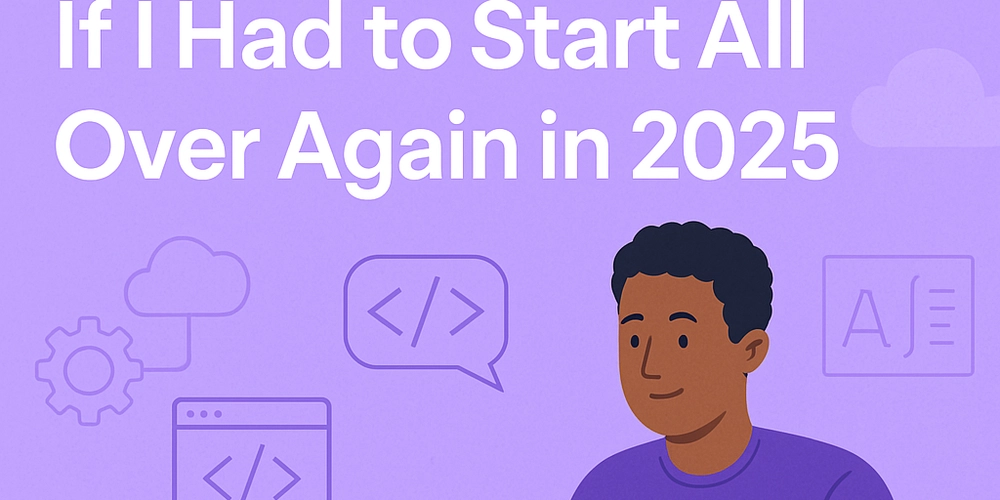
Most people think learning software engineering is all about cramming programming languages and rushing through tutorials.
I used to think the same when I started.
But after several years working professionally, mentoring over 10+ engineers, and publishing 40+ articles on building real tech careers, I see things very differently now.
If I had to start all over again in 2025 — from absolute zero — here’s exactly how I would approach learning software engineering.
And no, it wouldn't begin with "Learn HTML and CSS."
It would begin with something deeper: understanding how everything actually works.
Step 1: Understand How the Internet Works (Before Writing Code)
Before touching any programming language, I would take time to really understand:
What happens when you open a website
How data moves between your browser, servers, and databases
What APIs are, and why they're important
Basics of client-server architecture
Knowing these concepts would give me a mental map to place all the coding skills I’ll eventually learn.
It’s like building a house — you don't start by painting walls. You start by understanding the foundation.
(And honestly, this kind of understanding would have saved me months of confusion early on.)
Step 2: Choose ONE Language and Stick With It
In 2025, it’s very tempting to jump between languages: JavaScript, Python, Rust, Go, PHP, TypeScript...
If I was starting again, I would pick one versatile language (like Python or JavaScript) and stick with it for at least 6–12 months.
Why?
Because mastery beats curiosity at the early stages.
Languages are just tools. The real value is in mastering problem-solving using that tool.
Step 3: Build Real Projects Early (Not Endless Tutorials)
This was a huge mistake I made early on: staying stuck in tutorial loops.
If I started again, I would build my own small projects as early as possible — even if they’re messy.
Simple ideas like:
- A to-do list app
- A blog API
- A simple portfolio website
- A weather app using a public API
Every project teaches lessons you can't learn from tutorials: debugging, designing, asking better questions, reading documentation.
Projects build confidence.
Tutorials build dependency.
Step 4: Learn Basic System Design Early
I used to think "system design" was something only senior engineers worried about.
Big mistake.
Even at the beginner level, understanding:
- How databases connect to apps
- How APIs are structured
- How scaling affects apps
- How load balancers or caching work ...can help you make smarter choices while coding.
You don’t need to become a system architect overnight.
But you should start seeing your projects like small systems, not isolated pieces of code.
Step 5: Join a Learning Community
Learning software engineering alone is one of the hardest ways to do it.
If I was starting over, I would join a community of learners and engineers immediately.
Not just for help — but for:
- Accountability
- Motivation when stuck
- Exposure to how others think
- Opportunities for real-world collaborations
(That’s part of why I created MentorAura — to make this easier for others.)
In tech, community isn’t a "nice to have."
It’s a career accelerator.
Software engineering isn’t about collecting languages.
It’s about solving real-world problems — making something useful, scalable, secure, and reliable.
If you’re just starting out (or even restarting), remember:
- Build understanding before building code
- Master one thing before chasing everything
- Projects over tutorials
- Systems over scripts
- Community over isolation Every expert you admire today was once a beginner — they just didn't quit.
Stay consistent. Stay curious. Stay building.

















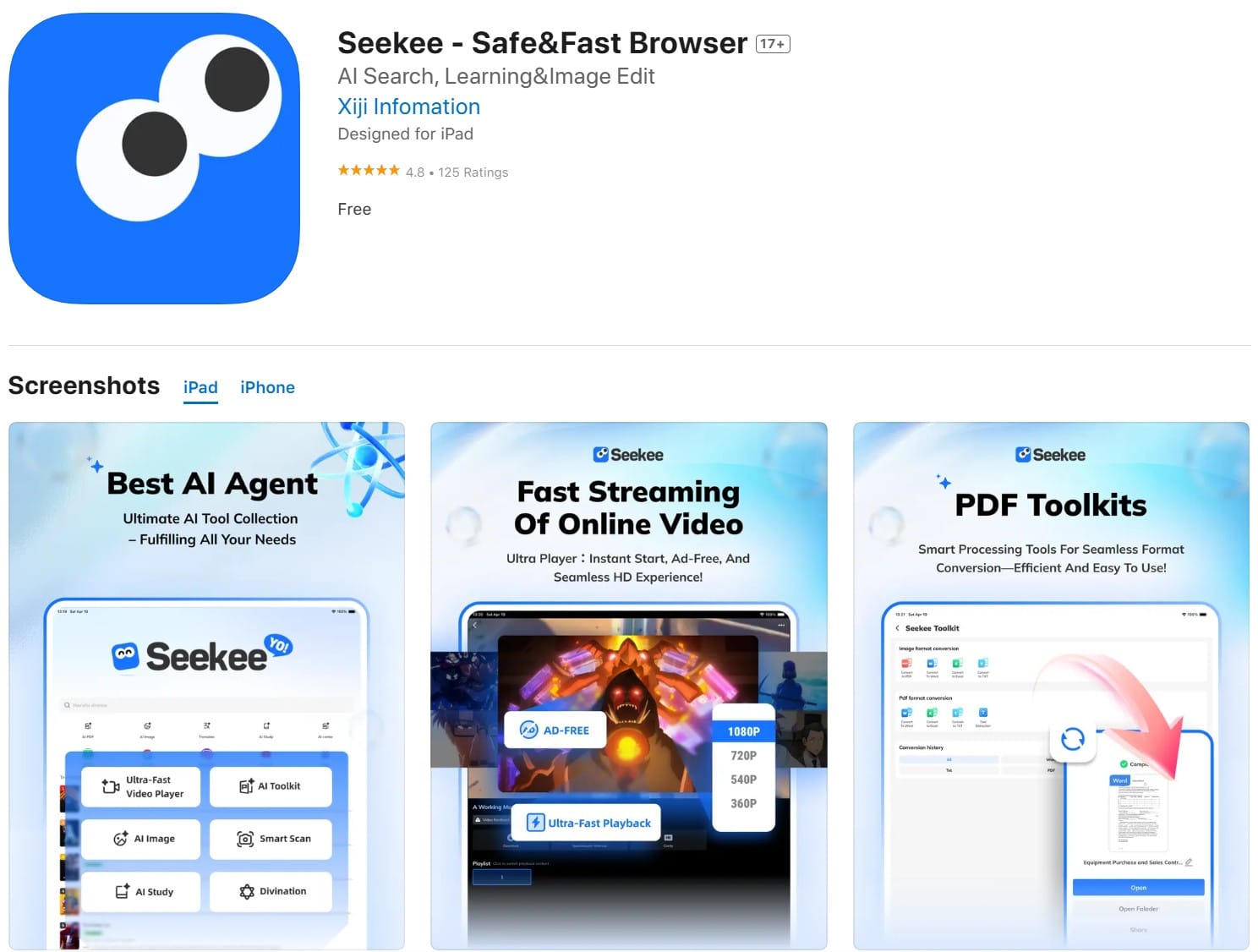


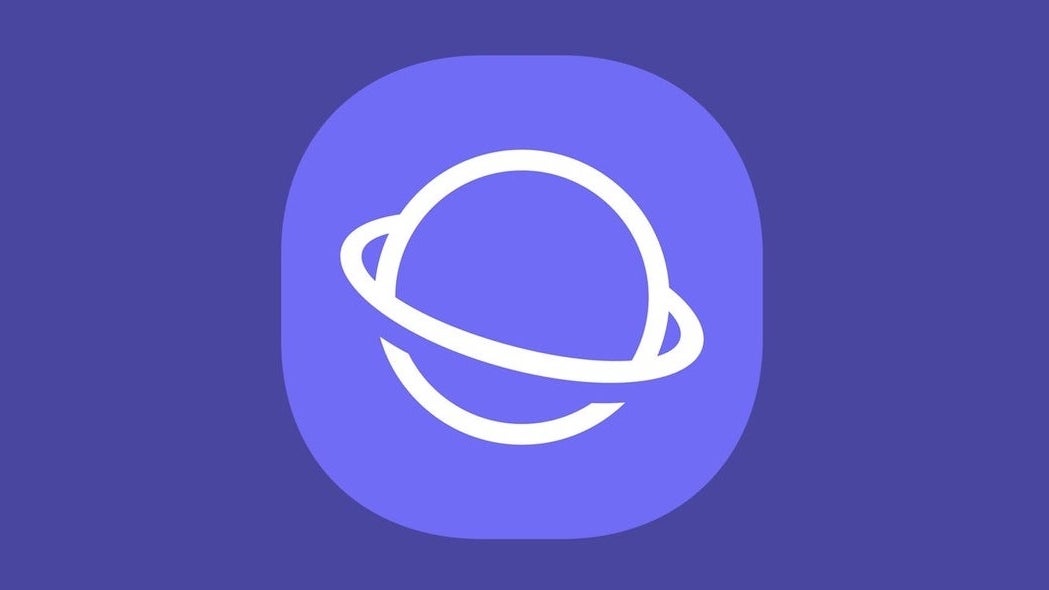







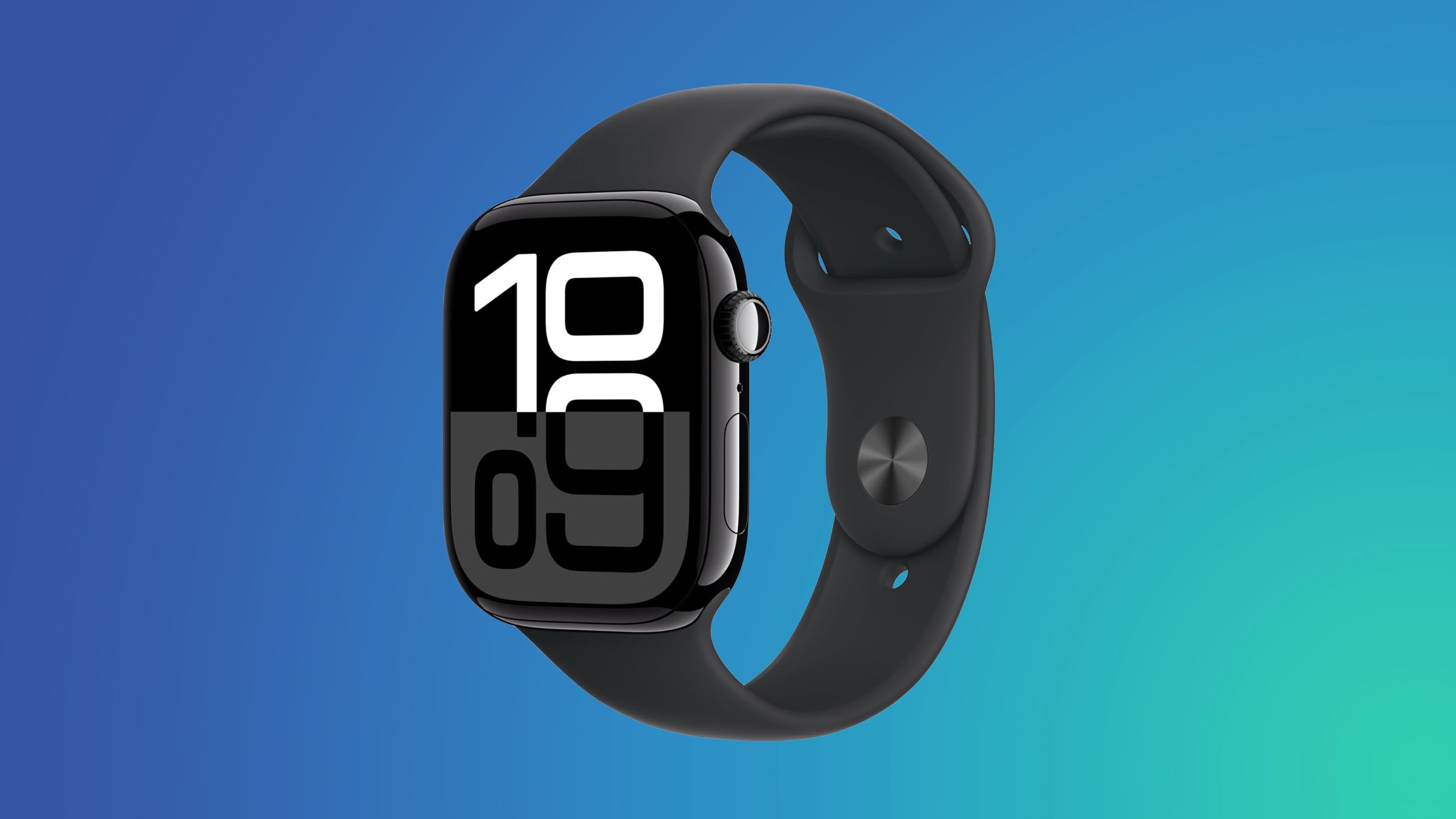
























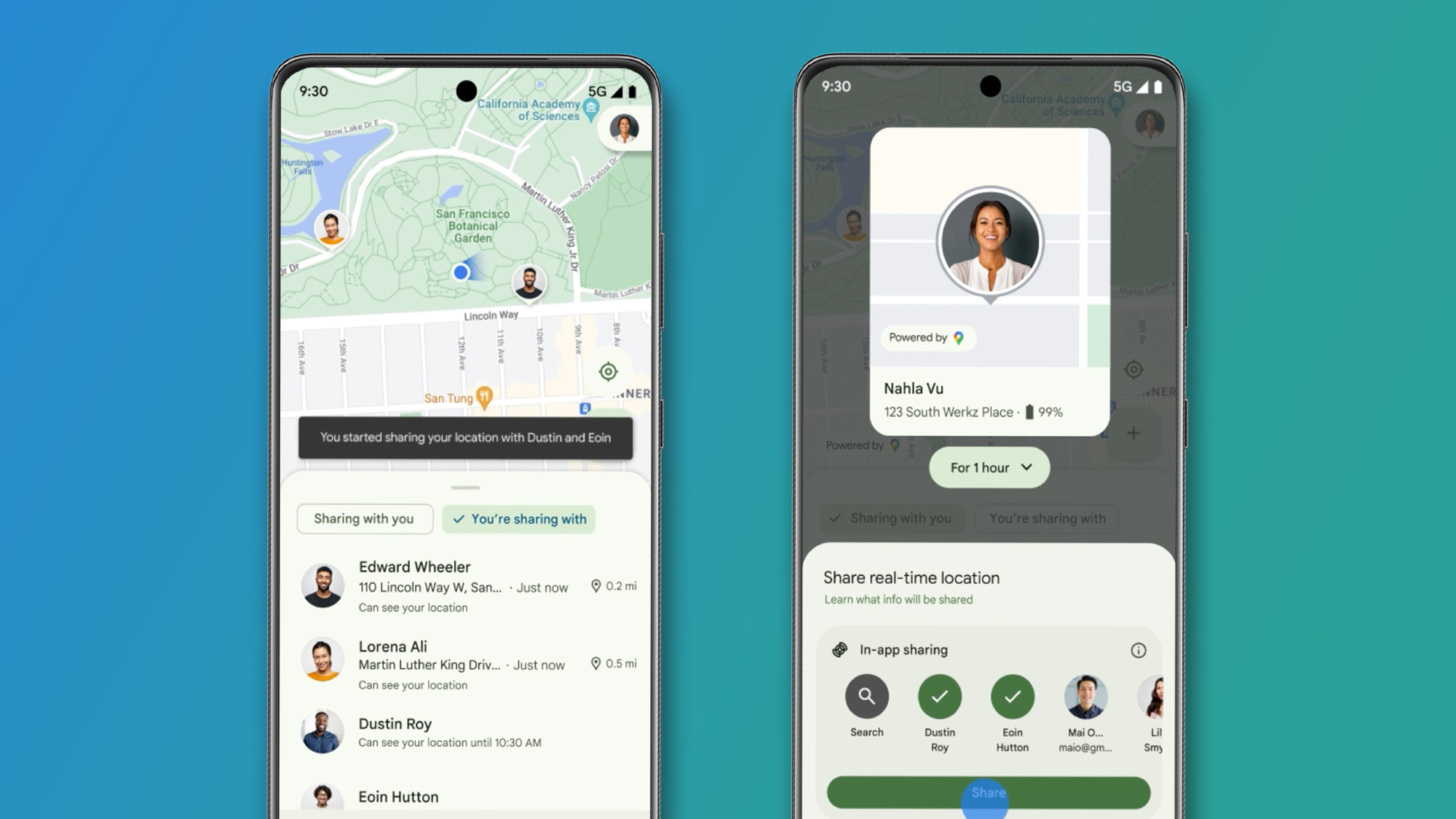

















![Apple Smart Glasses Not Close to Being Ready as Meta Targets 2025 [Gurman]](https://www.iclarified.com/images/news/97139/97139/97139-640.jpg)
![iPadOS 19 May Introduce Menu Bar, iOS 19 to Support External Displays [Rumor]](https://www.iclarified.com/images/news/97137/97137/97137-640.jpg)

![Apple Drops New Immersive Adventure Episode for Vision Pro: 'Hill Climb' [Video]](https://www.iclarified.com/images/news/97133/97133/97133-640.jpg)















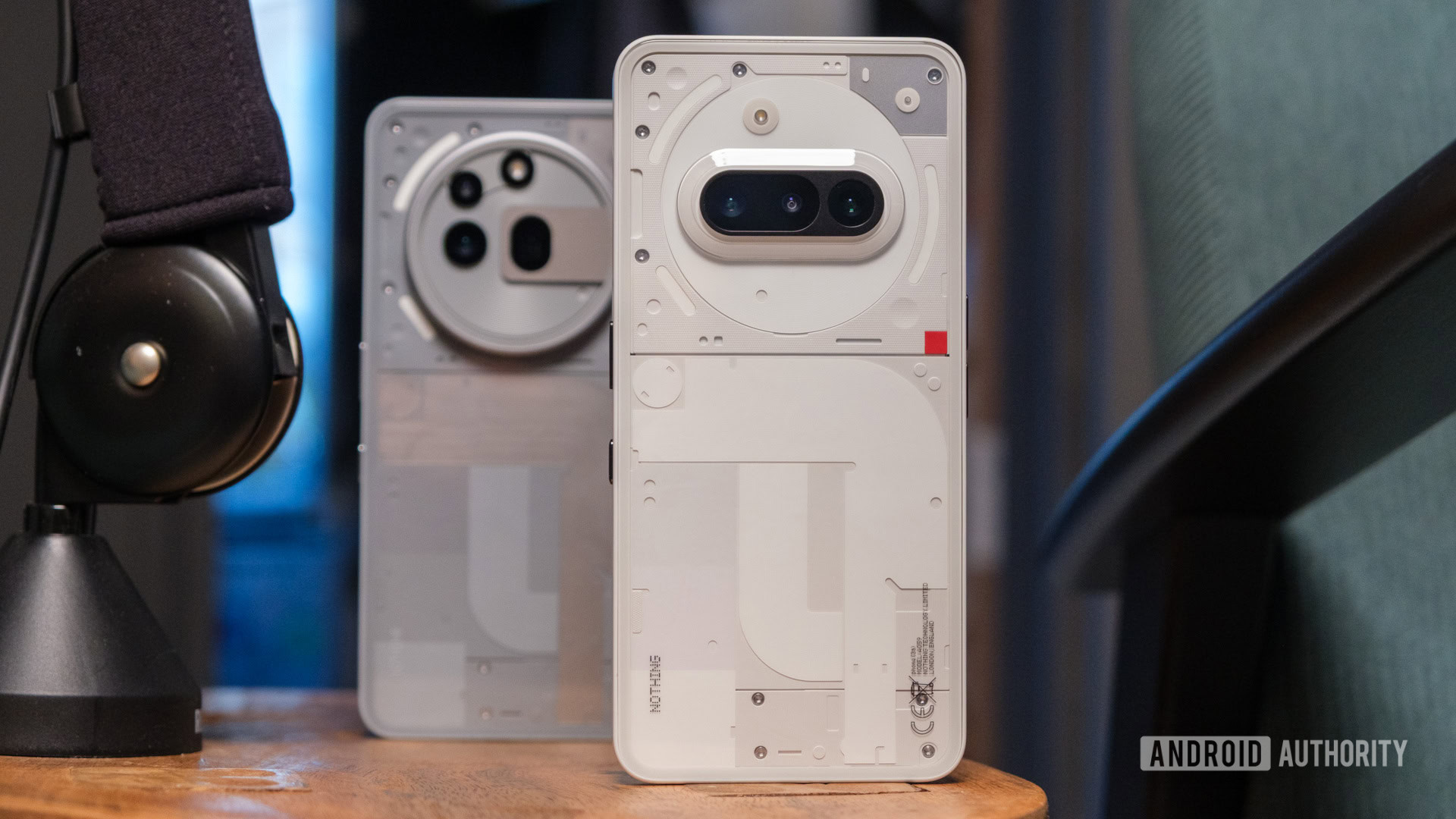
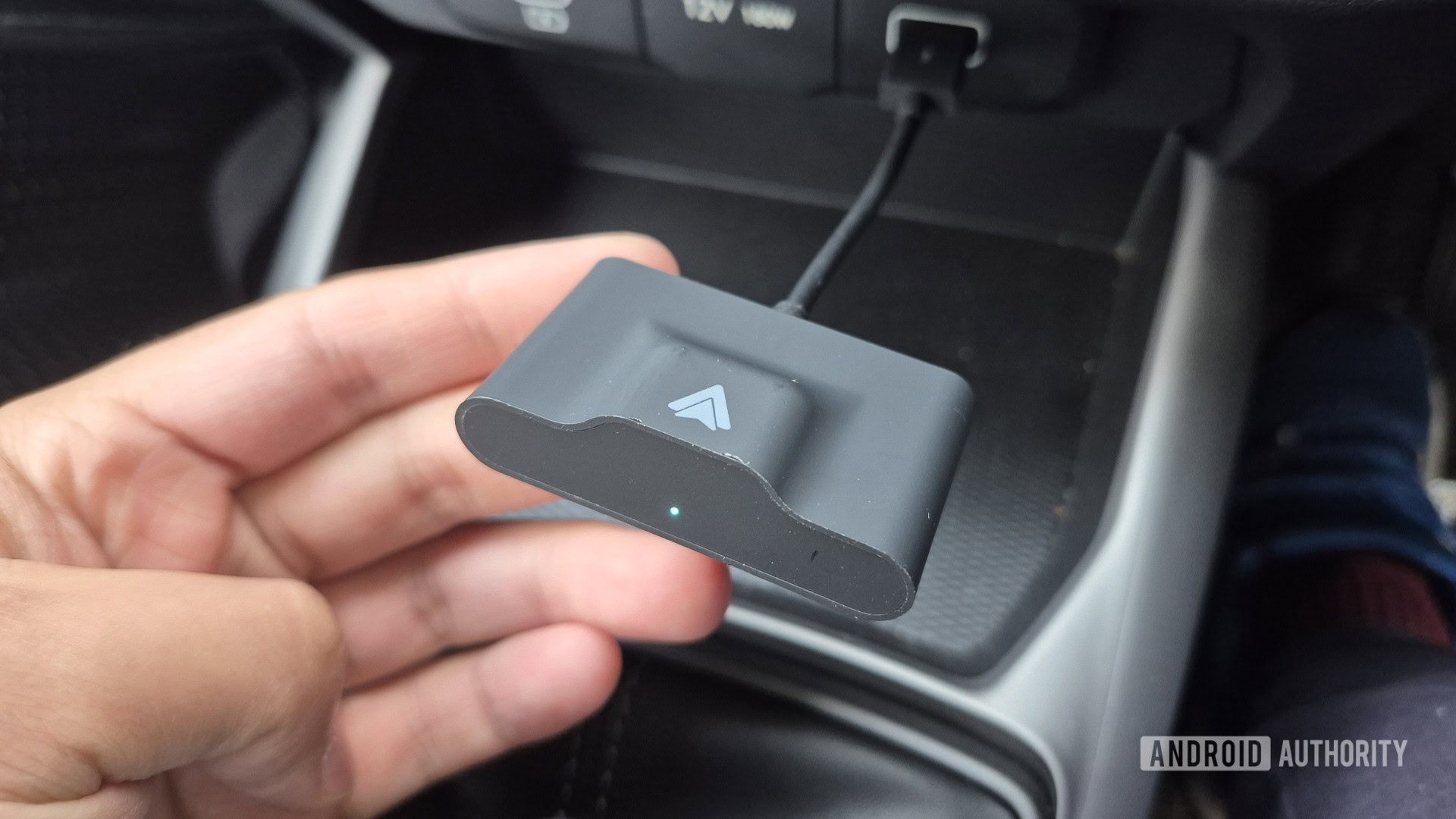

































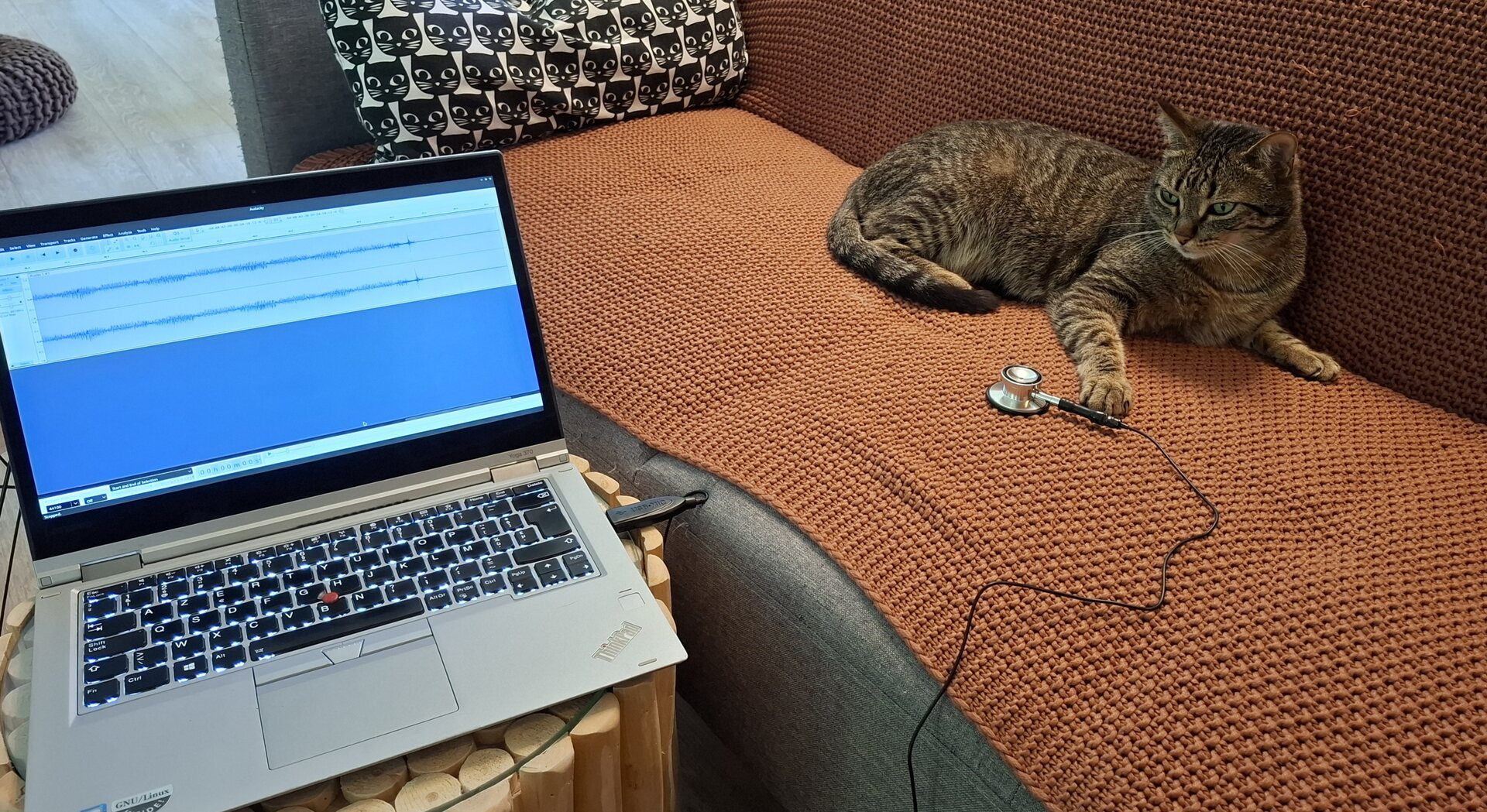


















































 CISO’s Core Focus.webp?#)


_Olekcii_Mach_Alamy.jpg?width=1280&auto=webp&quality=80&disable=upscale#)





























































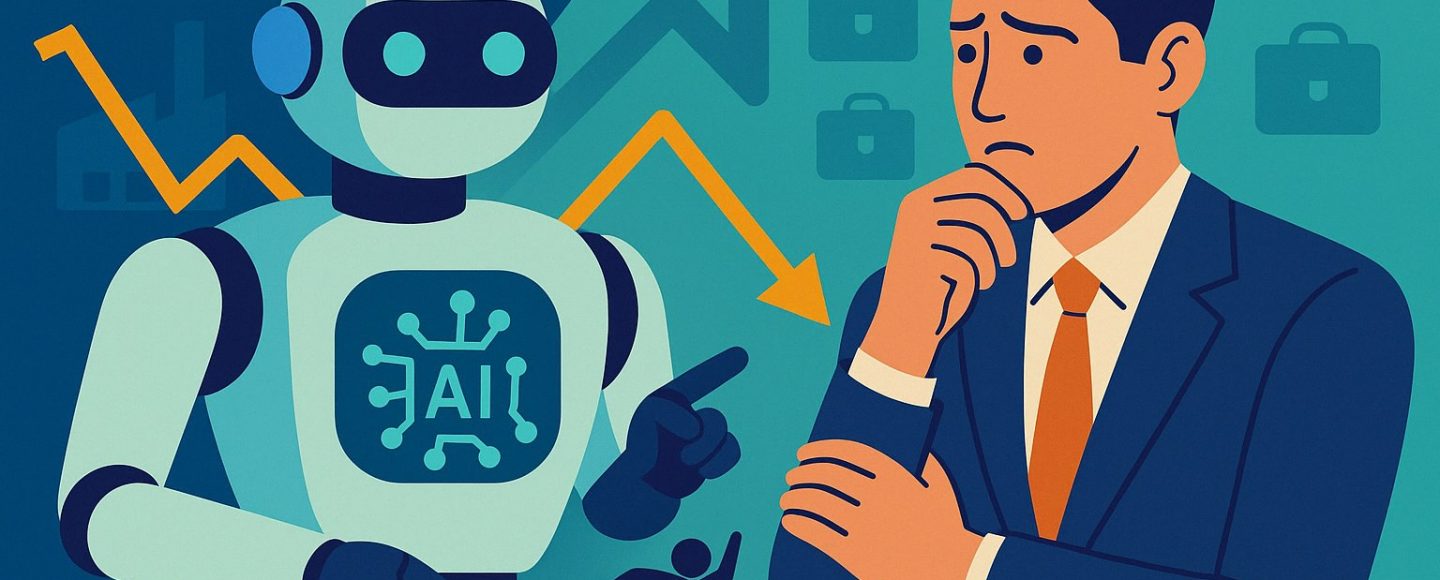
















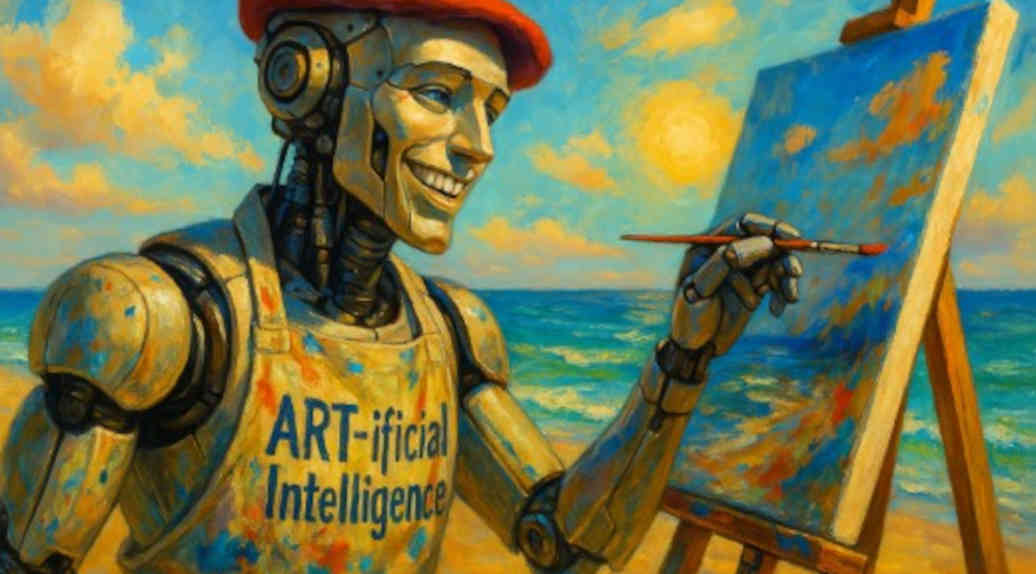





































![[The AI Show Episode 144]: ChatGPT’s New Memory, Shopify CEO’s Leaked “AI First” Memo, Google Cloud Next Releases, o3 and o4-mini Coming Soon & Llama 4’s Rocky Launch](https://www.marketingaiinstitute.com/hubfs/ep%20144%20cover.png)




















































































































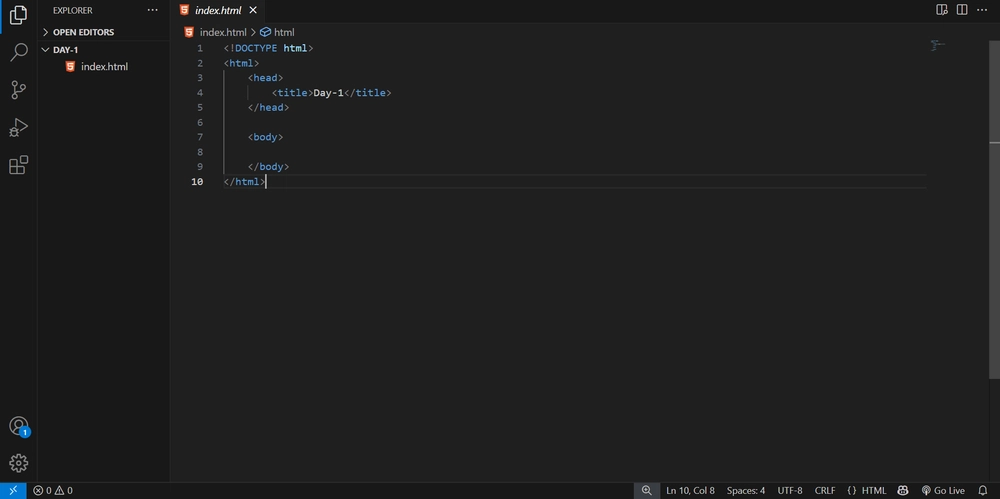
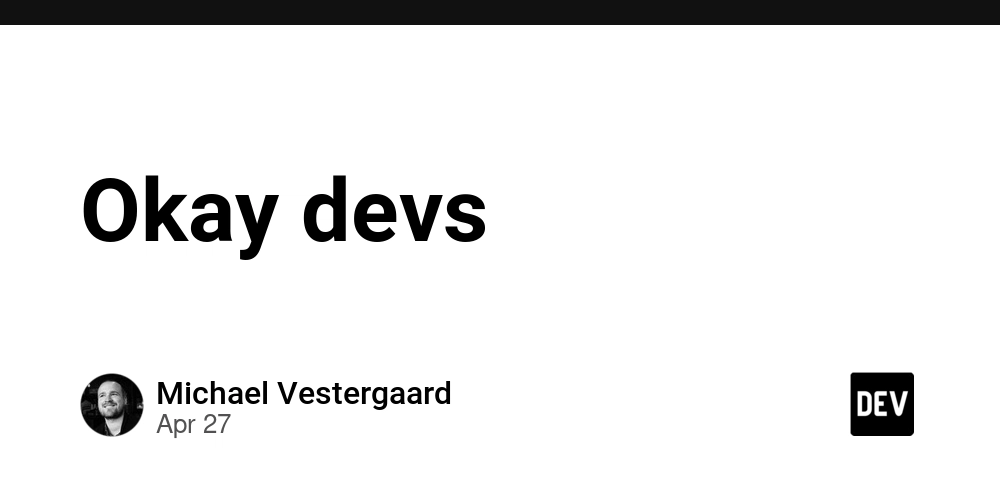

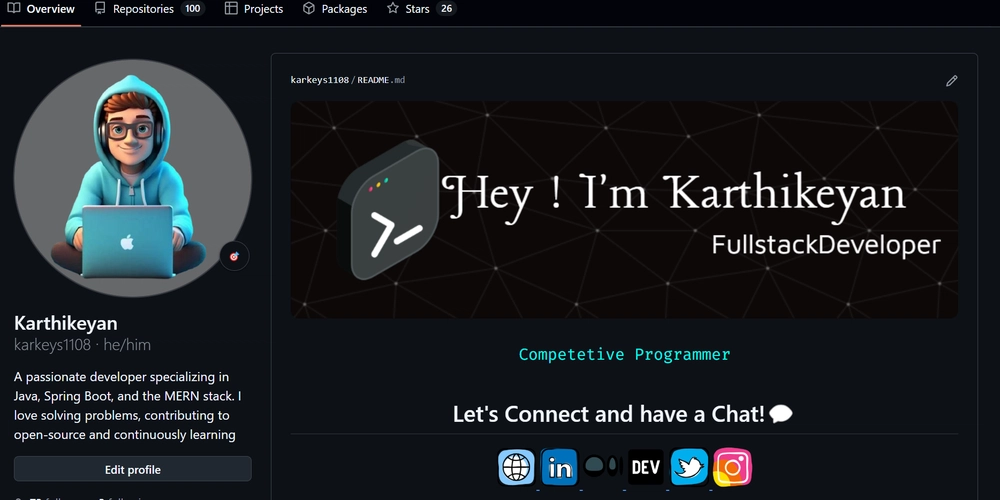

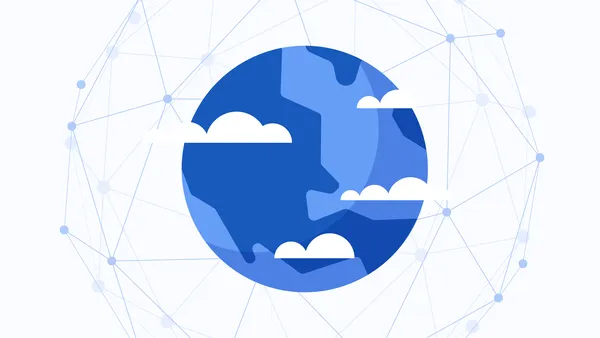











































![[DEALS] Koofr Cloud Storage: Lifetime Subscription (1TB) (80% off) & Other Deals Up To 98% Off – Offers End Soon!](https://www.javacodegeeks.com/wp-content/uploads/2012/12/jcg-logo.jpg)


























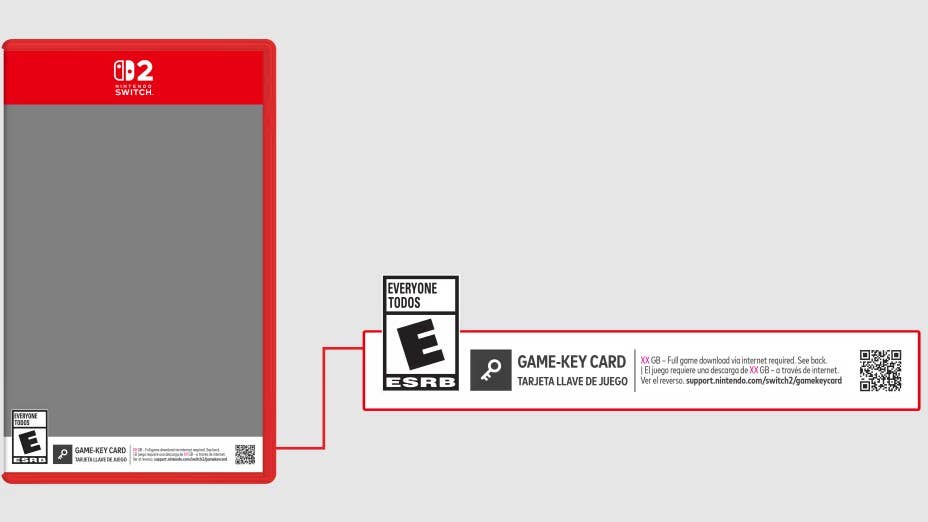





















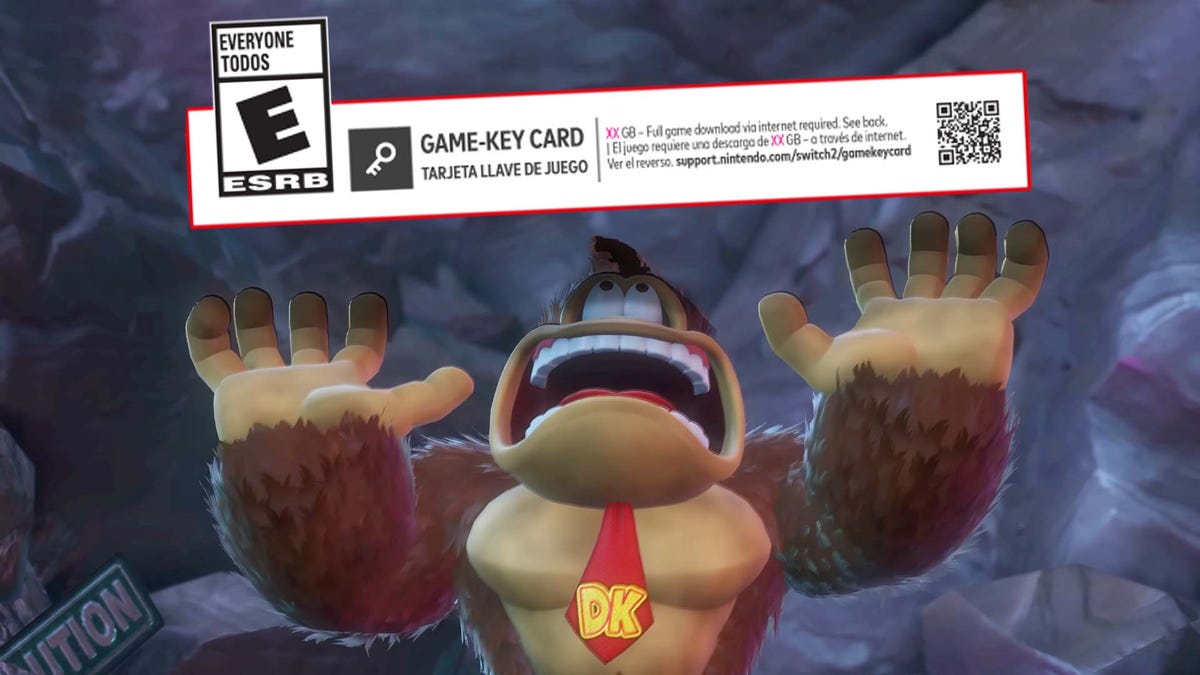





























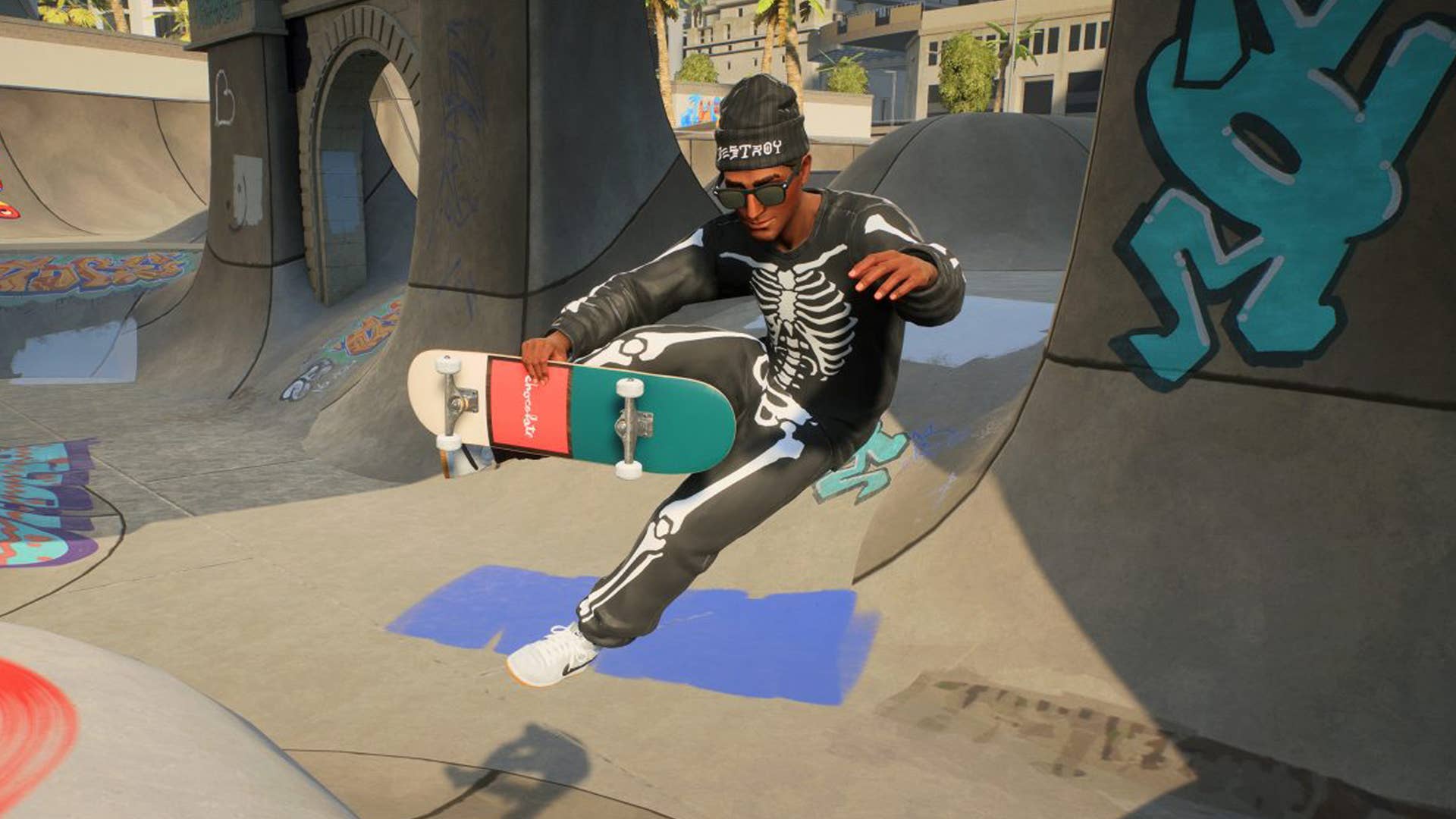









.jpg?width=1920&height=1920&fit=bounds&quality=70&format=jpg&auto=webp#)





